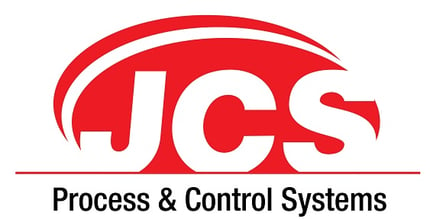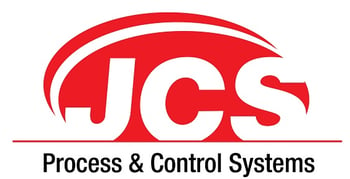Are you aware of the security risks of hosting HMI applications on thick clients? How much time gets spent ensuring thick client operating systems are updated or the amount of time and expense involved in replacing a HMI thick client that fails? In JCS’s breadth of experience, the solution to eliminating the security risks of thick clients, reducing maintenance support, and when necessary, quick replacement in a matter of minutes is simple when HMI applications are hosted on thin clients. Some of the key benefits of Thin Clients are:
- Blog
Can you afford unexpected production downtime or performance degradation from the servers and controllers in charge of running your plant process? Of course not! That can be a plant’s worst nightmare. Any inopportune disruption of plant critical operations results in additional costs, time, and above all - lost revenue. That’s why JCS offers the Production System Software Assurance Service – a twelve-month service plan that provides production system software support and a monthly client/server/controller health check for the plant end-user’s process and control system application.
Manufacturers looking for ease of maintenance, upgradability and employing the IIOT (Industrial Internet of things) will need to upgrade to Ethernet/IP networks to ensure their equipment will be viable into the future and capable of taking advantage of the next generation of industrial control.
Data Capture is the first step towards process improvement. No matter the industry that you are in, if you cannot measure it, you cannot improve it. In the Food and Beverage processing industry, this is not an exception. For process control systems, data capture is a vital part of the overall system and is what validates the finished product. JCS has developed a standardized approach to data capture for each control process - batching, blending, clean in place (CIP) systems, and ultra-high temperature (UHT) systems - to record data for regulatory, troubleshooting, process optimization and reporting purposes.
As plants develop and grow over time, they must continuously deal with the need to maintain and update their assets. Process control systems are one of those assets that must be evaluated regularly for any potential risk to operations as it approaches or passes obsolesce. While control systems can, and often do last well beyond their expected lifecycle, the question becomes what is the risk when an HMI fails, but there is no replacement available for it? Or if there is a replacement available, how long will it take to receive, configure, and install the new HMI? You can keep replacements in stock, but if there are several platforms involved, the costs to stock spares can start to add up, and this may not be the best use of your dollars. Keeping up with current HMI platforms ensures not only that replacement parts are readily available, but in the case of thin client technology makes replacing an HMI on the floor almost trivial.




